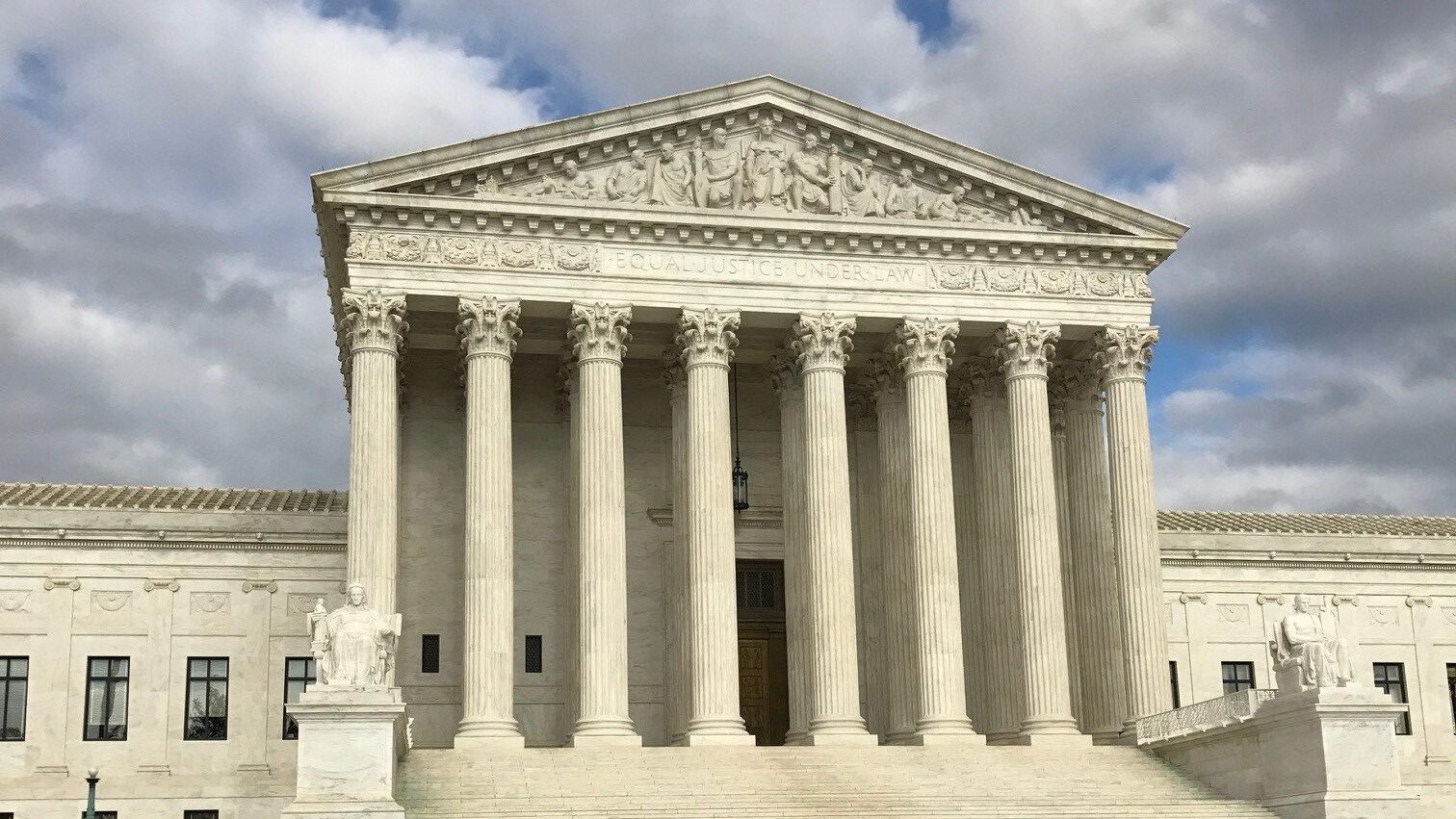I was going to save this post for the Yankees run into the World Series, but with the Yankees losing last night, it seems quite possible that they might not get there this year.
Employment law contracts typically are not that complex. Oh sure, they may LOOK complex but most of the time, you build












